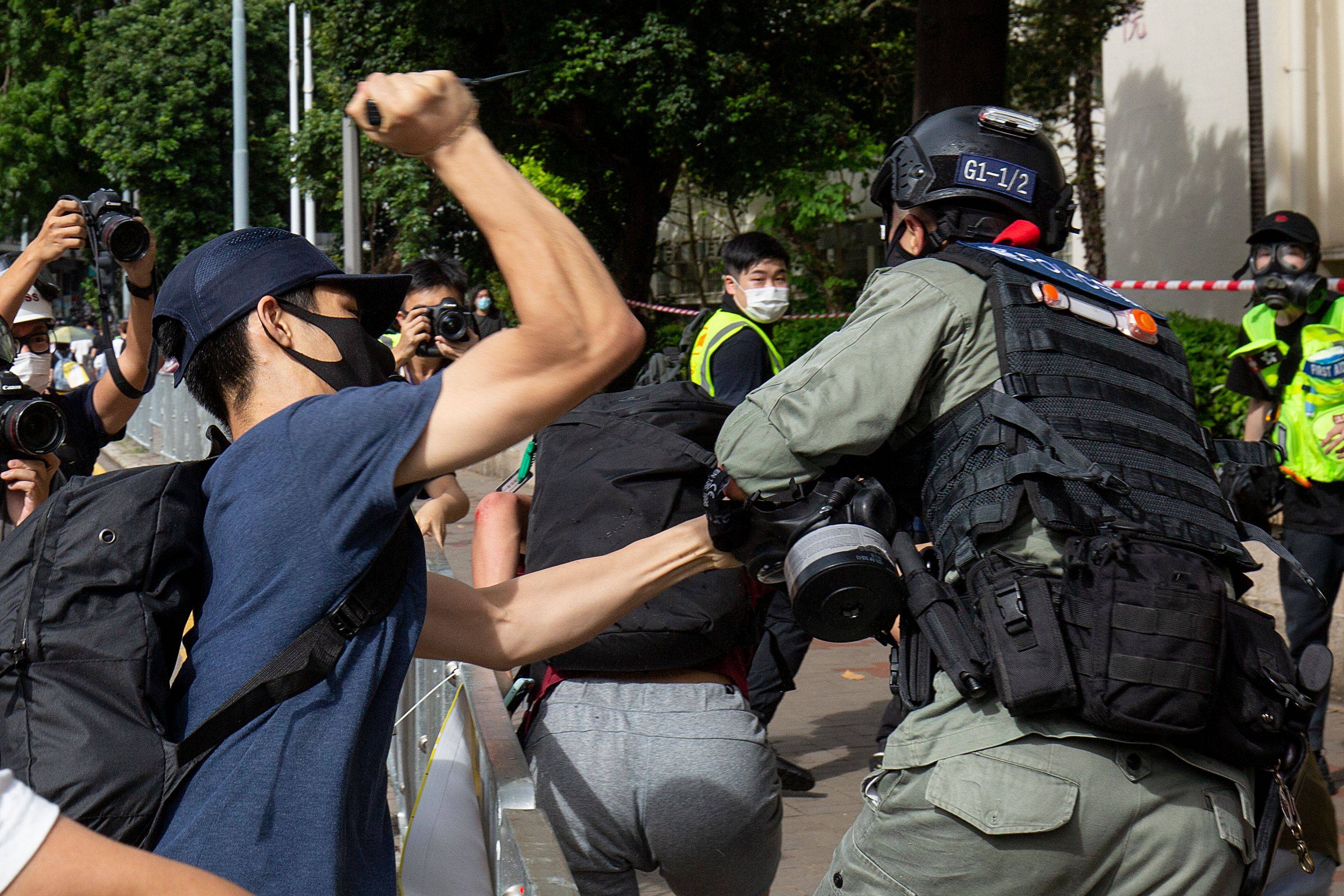The governance of Hong Kong, a special administrative region of the People’s Republic of China, has been a highly contested issue between China and the United States for quite a long time and for a number of reasons. All seems to be connected with Hong Kong’s unique “role” between mainland China and the international community, particularly the Western world, which has long valued Hong Kong’s special location — economically, ideologically, and geopolitically.
While squabbling about the deteriorating situation in Hong Kong, many barely noticed that the year of 2019 was a “year of protest” around the world. Last December, FAIR, an American national media watch group that has been “challenging media bias since 1986,” conducted a study of New York Times and CNN coverage of four important protest movements in 2019: those in Hong Kong, Ecuador, Haiti, and Chile. The study shows that by Nov. 22, 2019, The New York Times and CNN had carried 737 stories on the Hong Kong protests, 12 on Ecuador, 28 on Haiti, and 36 on Chile.
Why is Hong Kong so important and eye-catching in international media narratives recently? Are the “democratic appeals,” which should be “universal” by Western standards, in Ecuador, Haiti, and Chile less important than those in Hong Kong? Or is the special attention because Hong Kong is the city located between the increasingly confident and strong mainland China and other parts of the world?

















With your current subscription plan you can comment on stories. However, before writing your first comment, please create a display name in the Profile section of your subscriber account page.